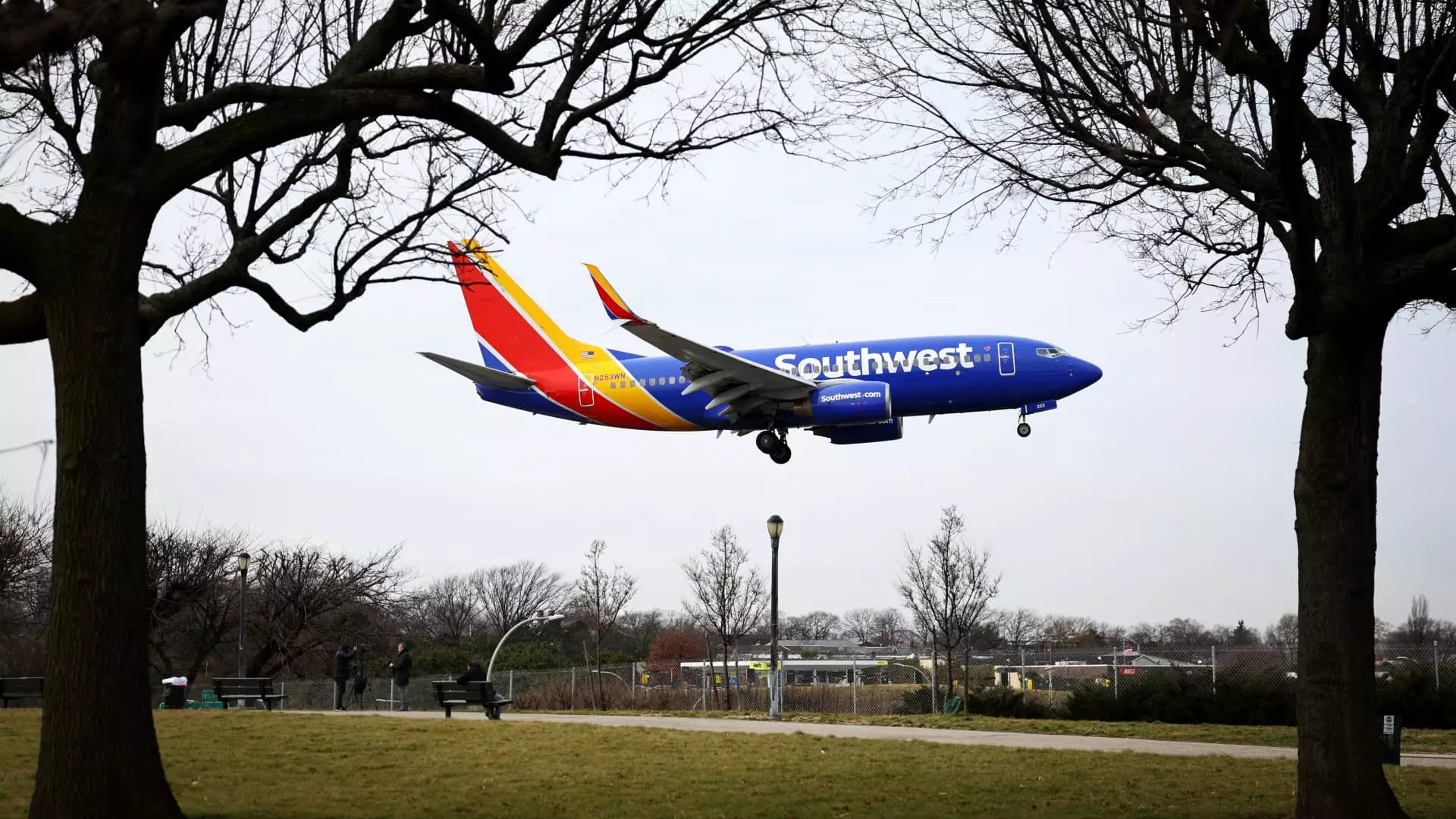Southwest Airlines, once considered a “best-in-class” airline, has fallen behind its competitors in recent years according to activist hedge fund Elliott Management. Elliott has taken a bold move by amassing a $1.9 billion stake in Southwest Airlines and is now pushing for significant leadership changes at the airline. The hedge fund is seeking to replace CEO Bob Jordan and chair Gary Kelly with outside candidates, believing that the current leadership has led Southwest astray.
Discontent with Current Leadership
Elliott Management believes that under the leadership of Jordan and Kelly, Southwest Airlines has experienced a period of “stunning underperformance.” The activist hedge fund sees the need for immediate changes in leadership in order to bring the airline back to its former glory. Southwest’s market capitalization has suffered in recent years, standing at $16.6 billion as of the latest trading day. This dissatisfaction with the current leadership is reflected in Elliott’s intention to pursue all available pathways to drive the changes they believe Southwest needs.
Elliott Management has conducted thorough research and consultations in preparation for its campaign at Southwest Airlines. The hedge fund claims to have spoken with numerous former employees of Southwest, as well as shareholders and flyers to gather insights into the airline’s performance and perception. The activist fund has also scrutinized the challenges faced by Southwest, including delays in the delivery of new Boeing 737 Max planes, changing travel patterns post-pandemic, and increasing competition from rival airlines.
Southwest’s Struggles and Response
Southwest Airlines has faced significant challenges in recent years, including a holiday meltdown in 2022 that cost the airline over $1 billion. The airline’s emphasis on customer service and efficient operations has been put to the test, prompting leadership to consider new strategies to boost revenue and enhance its competitiveness in the market. Jordan’s proposal to move away from the traditional single class seating and boarding method highlights the airline’s willingness to adapt to changing consumer preferences and industry trends.
In contrast to Southwest Airlines’ decline in market value, rival airlines like Delta Air Lines and United Airlines have shown more resilience in the face of challenges. Delta’s shares have seen a modest increase, while United’s shares have remained relatively stable despite the industry disruptions caused by the pandemic. Elliott Management’s focus on leadership changes at Southwest reflects a broader trend in its campaigns at other companies, where it has advocated for similar transformations to drive performance and value creation.
Elliott Management’s call for leadership changes at Southwest Airlines underscores the importance of strong and proactive leadership in navigating the challenges faced by the airline industry. As Southwest seeks to regain its competitive edge and rebuild investor confidence, the outcome of Elliott’s campaign could have far-reaching implications for the future direction of the airline and its market performance.

Leave a Reply